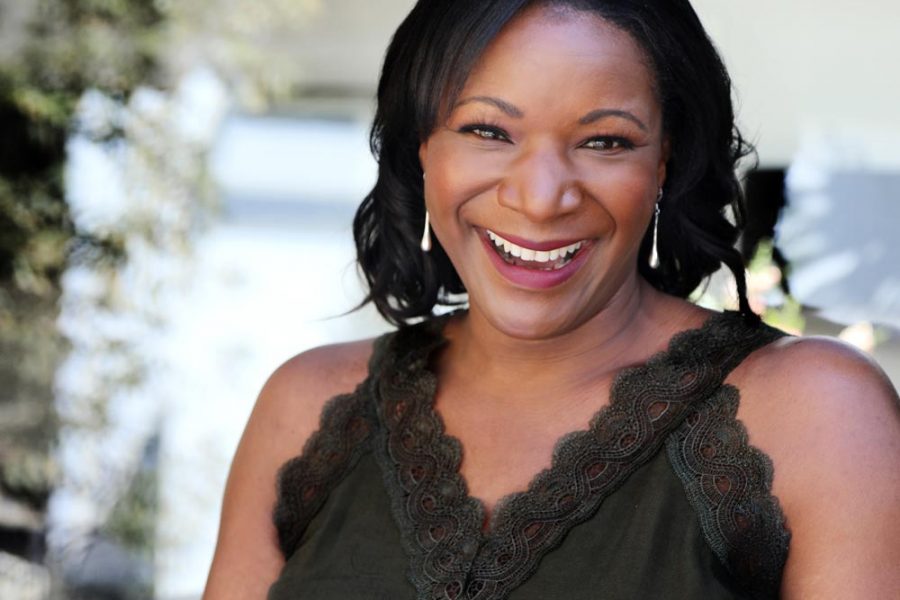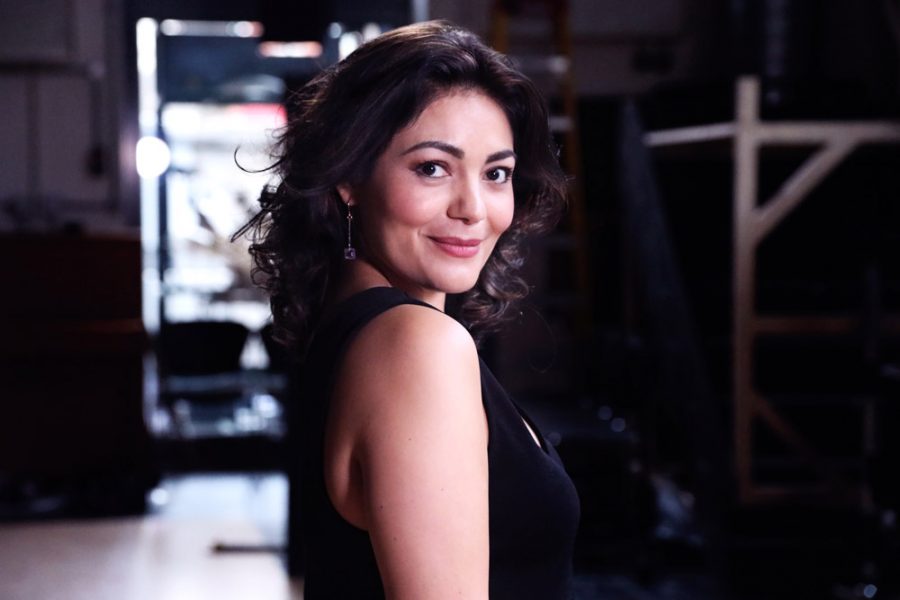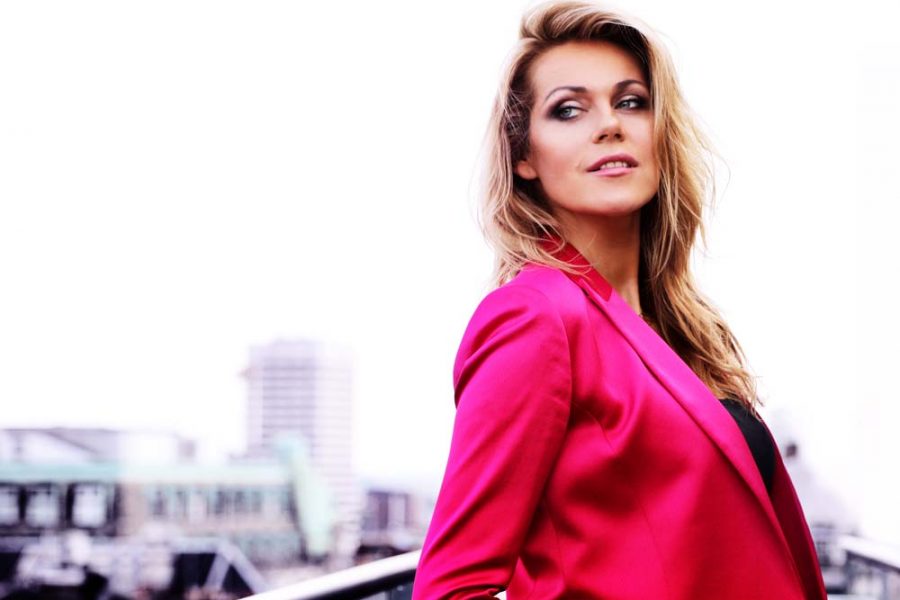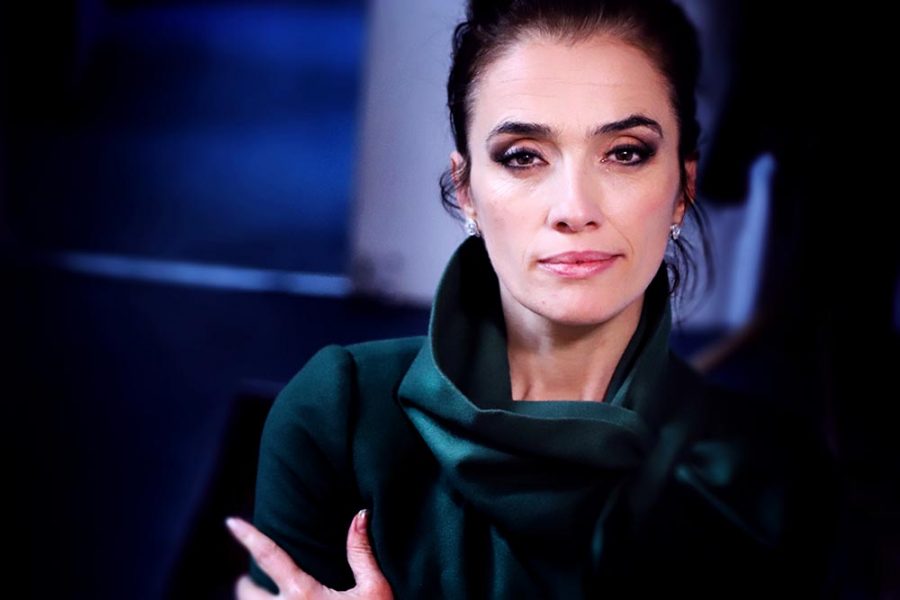The Jette Parker Young Artists Programme with Jennifer Davis

January 2017
Words by
Emer Nestor
Photos by
Frances Marshall
Designed to support the artistic development of early-career singers, the Jette Parker Young Artists Programme has gone from strength to strength since its inauguration in 2001.
Fledgling artists are employed as salaried members of The Royal Opera in London over a two-year period, during which time ‘they are immersed in the life of the Royal Opera House to help them form their own artistic identity and give them guidance on their trajectory through the business’. The curriculum includes ‘extensive daily coaching in languages, stagecraft, and vocal techniques, alongside preparing cover roles, and performing concerts and smaller roles on the main stage’.
Final Note met with Irish soprano Jennifer Davis to learn more about the Jette Parker Young Artists Programme.
I had applied the previous year and reached the final that time around, so I was a little bit better prepared mentally for it the second time."

Tell us about your application procedure.
The procedure is the same for everyone who applies: it begins with you submitting your application form, CV, audio, etc…, and from this, the panel whittle it down to those they want to hear in a live audition at the Royal Opera House. There are then three live rounds, with the panel getting slightly larger each time. The third and final round is on the main stage, which is pretty exciting, and nerve-wracking! I had applied the previous year and reached the final that time around, so I was a little bit better prepared mentally for it the second time. Even so, there’s nothing quite like looking out at that auditorium.
Were you nervous about the demands of the programme when you first joined in 2015?
I was a little, as I didn’t know what to fully expect from it, but I think nerves are a good thing. I knew people who had been on the programme in the past, so I had some inkling as to how busy I would be, but there’s nothing like experiencing it for yourself. However, I think my overriding feeling was one of excitement, and wanting to get stuck into everything and learn.
How have you coped with the challenges of working in an opera company?
I try as much as possible to deal with one thing at a time and to plan ahead. So, if I know that I have shows that are overlapping and there is a concert thrown into the mix as well, then I make sure that I’ve planned my time well enough to cope with that kind of schedule. I also make sure that I request the coaching I need to get all the repertoire and performance preparation under my belt. Having a life outside of work is also essential at any level of this career. The support at the ROH is also incredible. Even if I feel like I’m a bit behind, there are people to help and to listen, which makes you feel looked after in such a warm way. Of course, all the members of the programme support each other too—they are all going through similar things, so there are many sounding boards.
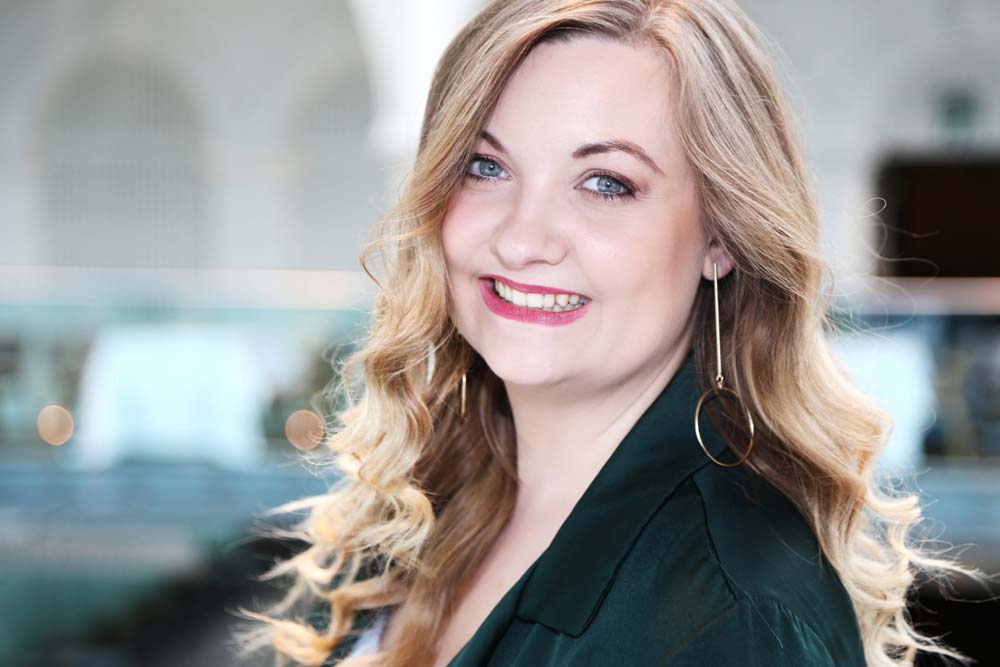
What have been your highlights so far?
Honestly, there have been so many that it’s hard to keep track, but I think the highlight this Season was getting to sing Tatyana in Eugene Onegin at the sitzprobe, with Semyon Bychkov conducting the ROH orchestra and incredible soloists. I was covering for a singer who was unwell. This was a real learning curve. Thinking about it now still gives me a rush of adrenaline and a feeling of sheer joy. At the time, you think: “yes, this is what the training and the practice is all for”. Somehow you manage to control your nerves well enough to get out of your own way and enjoy the experience.
Has your perception of the classical music industry altered much since joining the programme?
I think it probably has without me realising it…I don’t think you can work at this level, with this calibre of professionalism in every area of the building, without it affecting you in some way. I have always been drawn to theatre and opera because I love the collaborative nature of it. I love how so many minds and hearts come together to create something…working in an institution like the ROH has magnified this for me. The sheer scale of the productions and the processes that I have seen in motion have heightened my love for the industry.
What aspect of your musical development has benefited the most from your experience at the ROH?
Every area of my musical development has been improved in some way. As with any art form, sport, or job, if you are standing beside someone with 5/10/20 years more experience than you, then you must step up your game as much as you can, and their performances feed you in return. As a member of the Jette Parker Young Artists Programme, I can get coaching on whatever I feel I need—be it languages, movement, dance, or drama—so you begin to become a more well-rounded performer. The things you are good at improve, and the things you need more time to work on come into focus, so you can develop those areas as well.
For me personally, I think my awareness of what my voice can and cannot do in any given week has sharpened, and I make sure I take care of myself. The manner through which I learn music has become more apparent to me as well. In this profession, you sometimes have very little time to get something performance-ready. I’ve started to understand myself a bit better through discovering what I need to make learning a large volume of music possible, and how to avoid getting stressed or ill as a result. I’ve also learned that making a mistake is not the end of the world, and that we are all human—something I think a lot of young singers fret over.


Do you have any advice for student sopranos interested in pursuing a career in opera?
I would say it’s not a career to embark on lightly, so if an operatic career is what you want, then you need to make sure you have a full toolbox. Get your technique solid with a teacher who knows what they’re doing; listen to the great singers (male and female) who have gone before you; get started on your languages; and immerse yourself in other art forms. Read literature and poetry; visit art galleries; go to non-classical gigs as well as the classical ones; and discuss things with friends and family. We are singing actors, and we need an arsenal of cultural references in our back pockets to enrich our performances, and in a broader sense, to enrich our personal life experiences. Don’t be afraid to live your lives outside of the practice room. The richer your own life, the more complex and interesting your characterisations will become.
Take us through your process when preparing for a new role.
I start with the score and I look through it from start to finish, usually on the hunt for high notes. After that, I get my hands on at least five recordings (if there are any), and try to immerse myself completely in the piece. If it’s an existing production, I will also watch the DVD of the original staging to get a feel for it. If it’s an opera that has been based on a play/novel/painting, I will also read all of that and research my character. I love a good spider chart for mapping out character traits, relationships, social status, etc…. I try to get this down to an A4 page to store in the back of my score for reference. Then of course, there’s the ‘singing it in’, and getting to grips with whatever language the opera is in.
I also make sure that I’ve sung through it with my teacher and coached it thoroughly. I like to listen to other pieces that the composer wrote around the same time—this is usually something I can study on the tube on my way to work. Ultimately, I think it’s whatever you as an individual performer find helpful. I like to get as much information as I can when learning a new role, so that I can get it into my psyche from the get go. This makes coming back to that role further down the line a little easier. If I need to learn a role in a short amount of time, then a lot of this research and musical preparation is done simultaneously, and I find my version of the character as I go. I also feel that the better informed and prepared I am, the more flexible and available I can be to my colleagues in the rehearsal room.
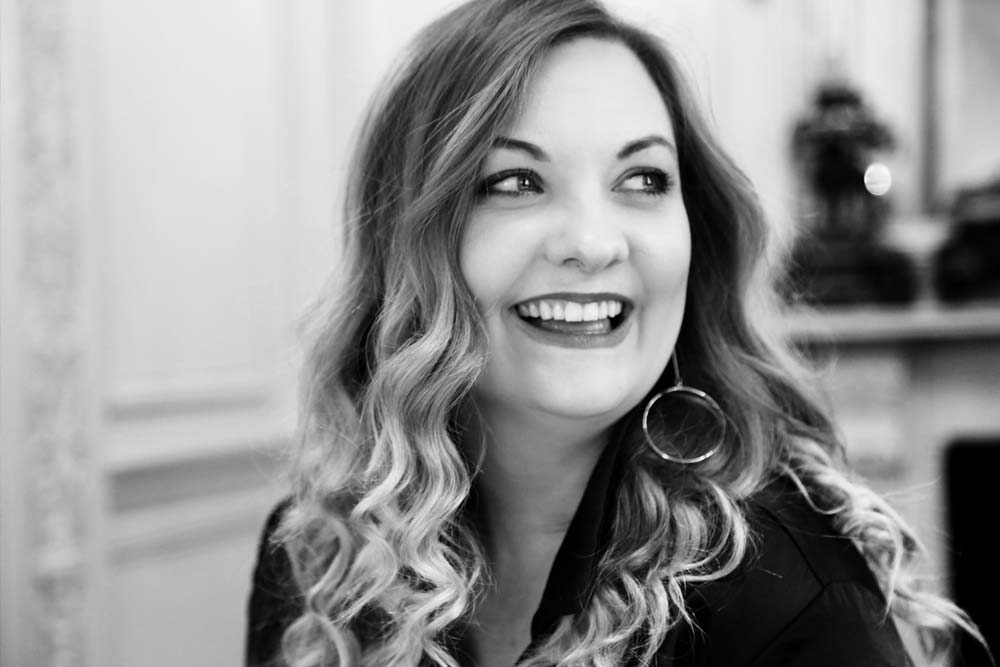

What are your top 5 favourite arias?
Oh this is hard!
1 ‘Un bel di’ from Madama Butterfly has to be in the top 5. When I was little, my Mum had a cassette tape of great soprano arias, and Montserrat Caballé was on it singing Butterfly. I still have this memory of hearing it for the first time when I was about 8…I stood in our kitchen and cried without understanding any of the words. Even now, it still has that effect on me.
2 ‘E lucevan le stelle’ from Tosca…actually, all the arias from Tosca, but I’m cheating a bit! I think this is my favourite tenor aria of all time. Puccini gives me joy.
3 Tatyana’s ‘Letter Scene’ from Eugene Onegin, purely because it is my favourite piece to perform at the moment. Tchaikovsky’s music speaks right to my soul!
4 ‘Dove sono’ from Le nozze di Figaro. The simplicity of this piece breaks my heart, and this is Mozart at his very best.
5 This one isn’t performed often, but my number 5 is ‘Ich ging zu ihm’ from Korngold’s Das Wunder der Heliane. I cried and cried the first time I heard it…it’s an absolutely stunning piece of heartfelt drama.
How will 2017 begin for you?
I’m singing Elisabeth in Philip Glass’s Les Enfants Terribles, which is a production with The Royal Ballet. I am back with the ballet company later in the Season to perform Gorecki’s Third Symphony, and I will also return to the role of Ines again in a revival of Il trovatore. My final role of the Season is Arbate in Mozart’s Mitridate, rè di Ponto. In addition to my performance on the main stage in Royal Opera productions, I will have a solo song recital in February. Then there is the annual ‘Meet the Young Artists Week’, and the final Summer Performance next July. So lots of stunning music ahead of me.
To find out more about Jennifer Davis see: TACT Jennifer Davis
Further information on the Jette Parker Young Artists Programme can be found at: www.roh.org.uk/about/jette-parker-young-artists-programme
All images displayed in this article are subject to copyright.
Share this article


